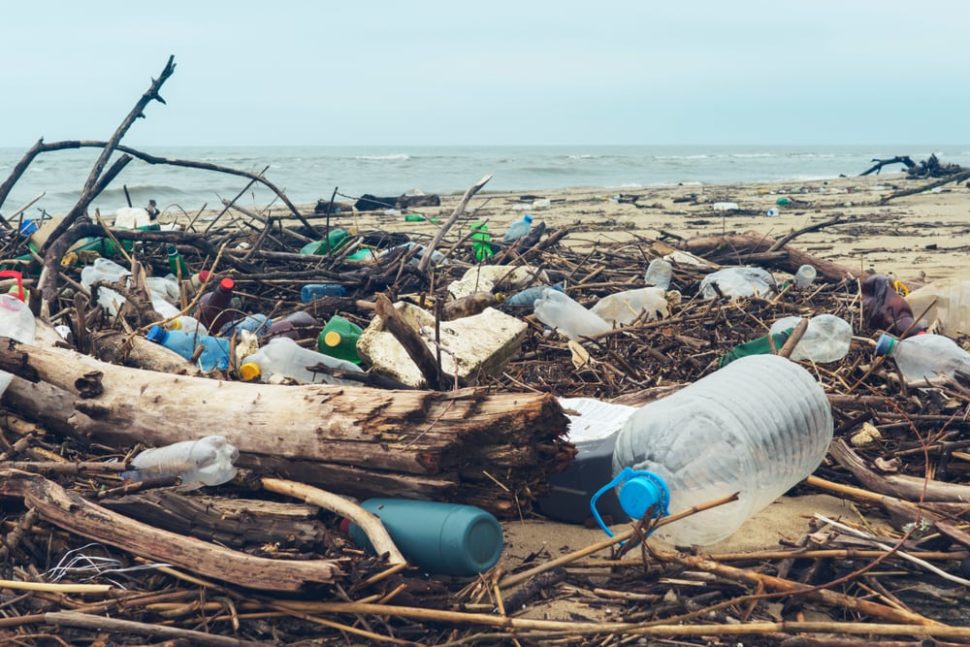Scientists found that plastic waste left to decompose in the open air unleashes significant amounts of greenhouse gas into the atmosphere.
Although plastics do decompose naturally, items like bags, wraps, bottles, and other disposable items take up to 1,000 years to completely degrade.
And this plastic junk isn’t just sitting there.
Not only does plastic waste disfigure our beaches and menace marine life, it also weighs heavily on the planet’s atmosphere and the environment with a substantial contribution to global warming.
Most Common Plastics are the Biggest Greenhouse Gases Emitters
Per the findings of a recent study from the University of Hawaiʻi at Mānoa, issues with plastics go beyond their environmental pollution.
Researchers from the School of Ocean and Earth Science and Technology (SOEST) at the University of Hawai’i found that the most widespread plastics that we use on a daily basis spew greenhouse gases as they degrade in the open air.
When left to decompose under the sun, everyday plastics emit large amounts of methane and ethylene, two of the biggest offending greenhouse gases.
Read More: Do Your Personal Cosmetics Cause Plastic Pollution?
The SOEST research team conducted tests on polycarbonate, acrylic, polypropylene, polyethylene terephthalate, polystyrene, high-density polyethylene (HDPE), and low-density polyethylene (LDPE).
These are the most common polymers used in textiles, bottling, food packaging, industrial products, and many other plastic items.
The analysis showed that polyethylene, used in shopping bags, and “the most produced and discarded synthetic polymer globally” is the most prolific emitter of methane and ethylene.
The team also found that emissions increase over time. The more degraded a plastic is, the more surface is exposed to sunlight, and the more GHG and dangerous microplastics are released.
Currently, these GHG emissions from the degradation of plastic waste are not taken into account in calculations of methane and ethylene contribution to global warming.
“Plastic represents a source of climate-relevant trace gases that is expected to increase as more plastic is produced and accumulated in the environment. This source is not yet budgeted for when assessing global methane and ethylene cycles, and may be significant,” said David Karl, senior author on the study.
The challenge with plastic is double-layered as we can’t just find more eco-friendly alternatives and call it a day.
Read More: Bioplastics, Biopolymers from Agricultural Waste Will be Industry Standard by 2020
Now, in view of the present study findings, we also have to deal with all the plastic junk that’s been piling for decades in landfills. Theoretically, we can, using plastic-hungry mutant enzymes to remedy the situation, but it is another crisis which humanity will now have to juggle.



















到你的博客走一趟,如同阳光洒在我脸上,心里暖洋洋!